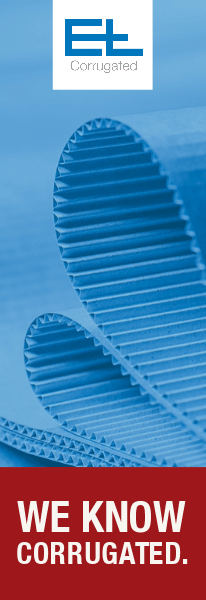Reconomy has launched a new guide – ‘Separated waste collections for workplaces: Reconomy guide’ – to support Welsh businesses in their preparation for incoming workplace waste management reforms.
The regulations require all non-domestic premises (including businesses, charities and public sector bodies) to separate key recyclable materials into at least six distinct recyclable waste streams so that they can be collected and processed accordingly. There are complementary bans on the disposal of food waste to sewer from non-domestic premises and bans on specified separate recyclable waste streams being disposed of at incineration plants and landfill sites.
It is part of the Welsh government’s ‘Beyond Recycling’ strategy with the nation aiming to become zero waste by 2050 and recycle 70% of wall waste generated by 2025.
Reconomy has released this guide to help businesses comply with the regulations as failure to do so is an offence with no upper limit on the courts’ power to fine. A civil sanction may be issued in place of prosecution.
The guide lists specific items that can and can’t be placed into each waste stream, and provides answers to key questions, for example:
- Can I use a macerator or dewatering machine to treat and dispose of food waste?
- Can I still co-mingle my recyclable waste in a DMR bin?
- Do I need to remove packaging from my food waste?
- How do I go about changing my service specifications to meet the regulations?
- What do I do with small waste electrical & electronic equipment (sWEEE) textiles that were not intended for sale?
Nathan Gray, Head of Sustainability at Reconomy, stated, “Reconomy’s comprehensive guide offers clarity and practical advice for businesses to prepare for the implementation of these new recycling regulations for non-domestic premises. The reforms are an exciting step forward and we look forward to helping businesses make a success of the policy in what could be an exciting acceleration towards a more circular economy and zero waste nation.”



